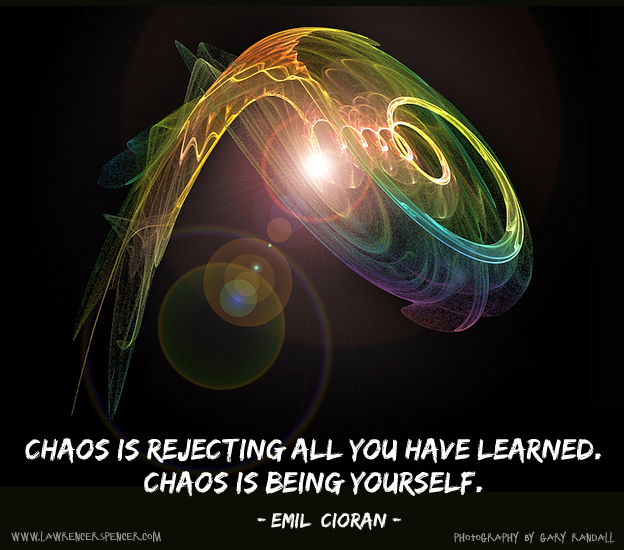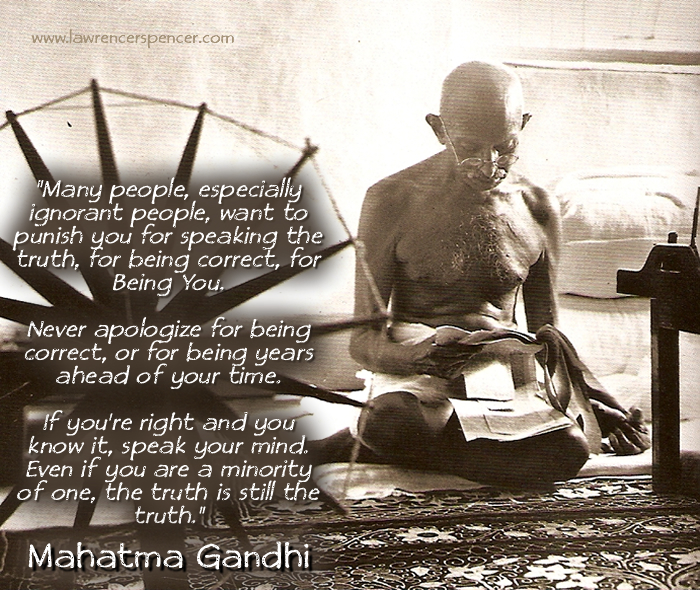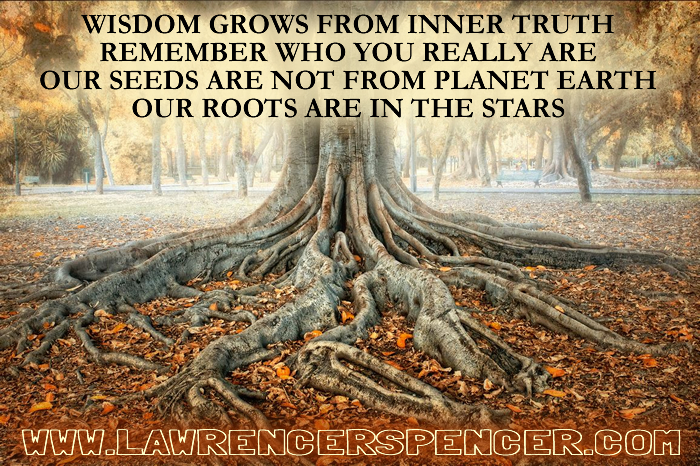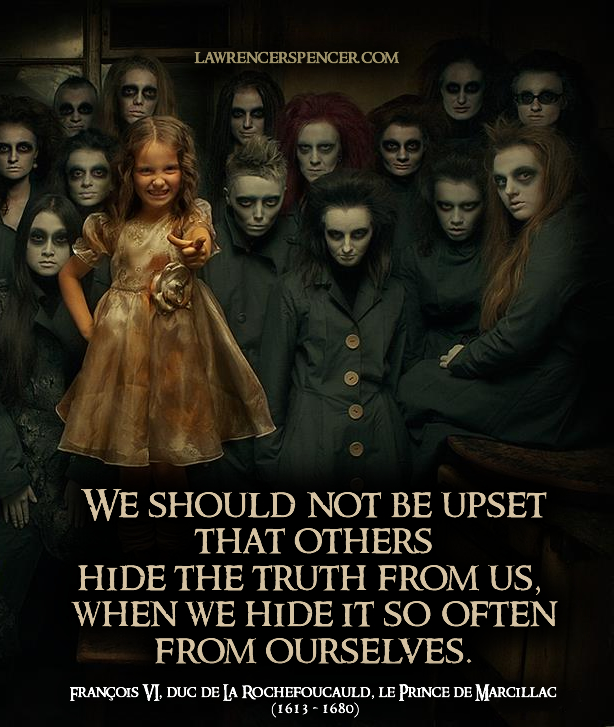Republished by Blog Post Promoter
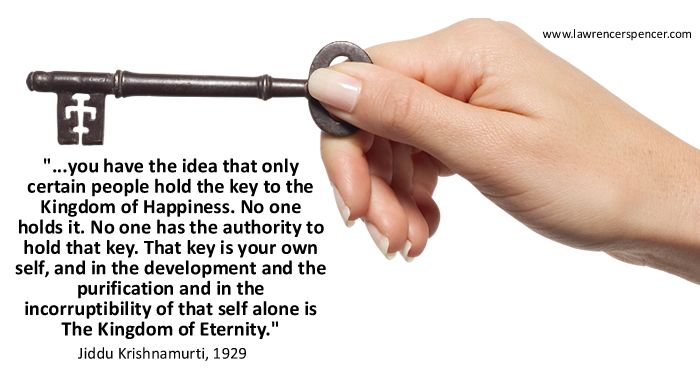
Excerpts from the speech made by Jiddu Krishnamurti in 1929 when he dissolved the Order of the Star. The Order of the Star was the organization built around Krishnamurti by Theosophists who selected him at the age of 13 to be the vehicle for the return of the Christ, or Maitreya. He was raised accordingly, but after his enlightenment, he refused the role that had been prepared for him, disbanded the organization of which he was the head, and continued to teach on his own.
“I maintain that Truth is a pathless land, and you cannot approach it by any path whatsoever, by any religion, by any sect. That is my point of view, and I adhere to that absolutely and unconditionally. Truth, being limitless, unconditioned, unapproachable by any path whatsoever, cannot be organized; nor should any organization be formed to lead or coerce people along any particular path. If you first understand that, then you will see how impossible it is to organize a belief. A belief is purely an individual matter, and you cannot and must not organize it. If you do, it becomes dead, crystallized; it becomes a creed, a sect, a religion, to be imposed on others.
If an organization be created for this purpose, it becomes a crutch, a weakness, a bondage, and must cripple the individual, and prevent him from growing, from establishing his uniqueness, which lies in the discovery for himself of that absolute, unconditioned Truth. The moment you follow someone you cease to follow Truth.
No man from outside can make you free; nor can organized worship, nor the immolation of yourselves for a cause, make you free; nor can forming yourselves into an organization, nor throwing yourselves into work, make you free.
…you have the idea that only certain people hold the key to the Kingdom of Happiness. No one holds it. No one has the authority to hold that key. That key is your own self, and in the development and the purification and in the incorruptibility of that self alone is the Kingdom of Eternity….
You have been accustomed to being told how far you have advanced, what is your spiritual status. How childish! Who but yourself can tell you if you are incorruptible?
I am not concerned, nor with creating new cages, nor new decorations for those cages. My only concern is to set men absolutely, unconditionally free.”

